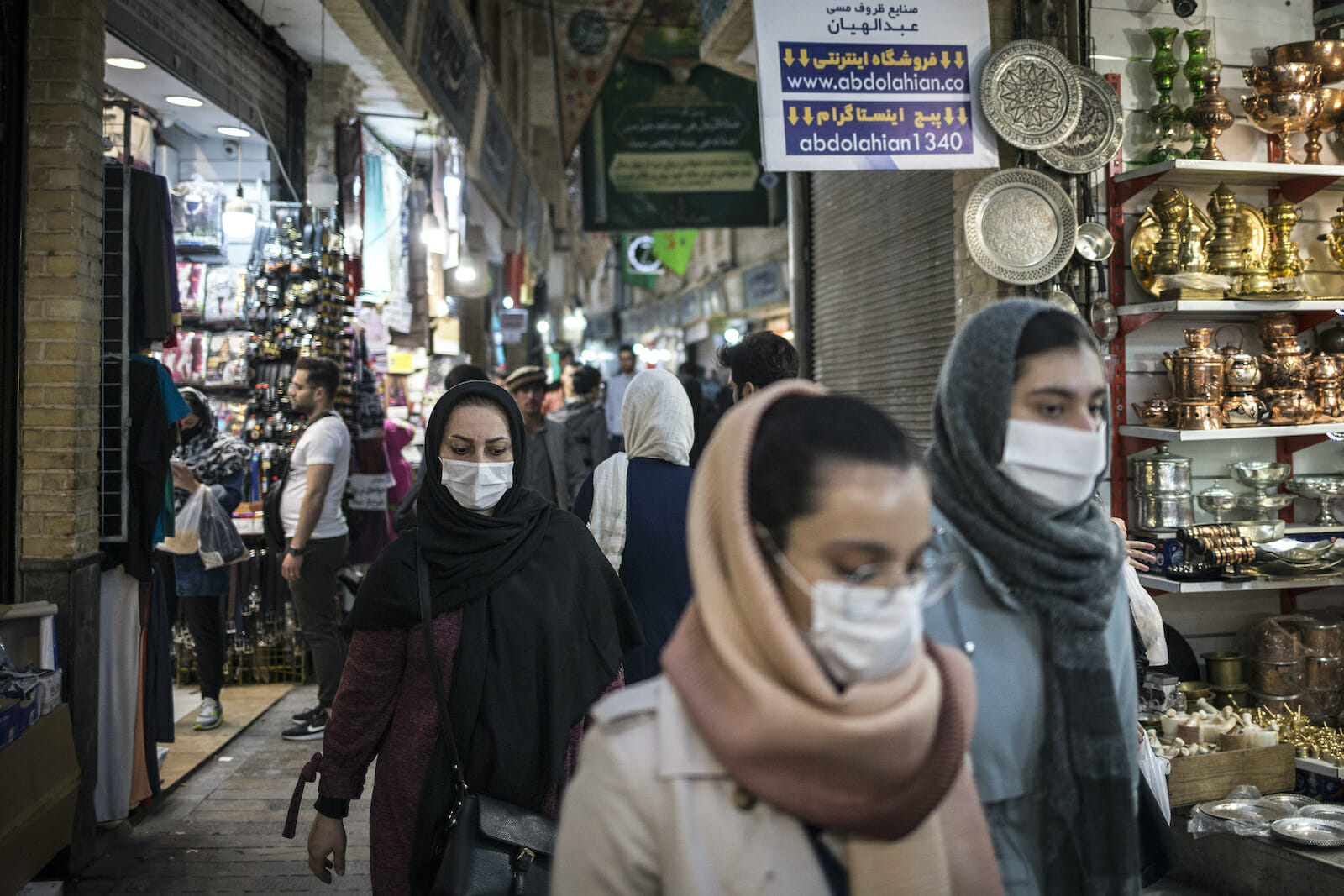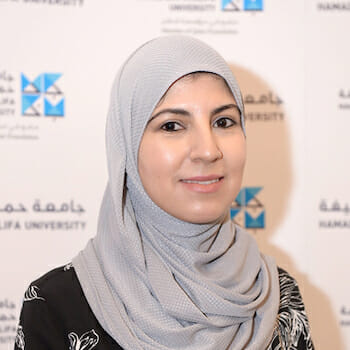
Islamic Finance and Prospects for Weathering COVID-19
COVID-19 continues to have profound implications for the global economy. All around the world, the lockdown has contributed to rising unemployment, reduced incomes, and increased food insecurity. Private sector workers and the self-employed are disproportionately affected by the downturn. Many experts warn that this could be severe and long-lasting.
To counter the looming recession, governments and international organizations have implemented policies to support their economies and assist developing countries. These measures include lowering interest rates, deferring loan repayments, and injecting stimulus packages into their economies. While such measures are common during times of economic crises, they often fall short in meeting the needs of the vulnerable members of society. Islamic finance and economic practices promote equitable growth, especially during challenging times.
Islamic finance is based on Islamic law (Sharia) and is guided by a set of moral and ethical principles. These include honesty and transparency, as well as the prohibition of usury (riba), uncertainty (gharar), and speculation (mayssir). A ‘typical’ Islamic economic system encourages welfare (maslaha), promotes wellbeing (falah), and prevents harm (mafsadah). Transactions rest on contracts that promote partnerships, profit and loss sharing, as well as links to the real economy. In times of crises—like the current outbreak of the coronavirus—such principles support mechanisms that bridge the financial disparities in many countries.
Additionally, Islamic finance promotes social responsibility and solidarity through almsgiving (zakat), endowment (waqf), charity (sadaqah), and interest free loans (qard hasan). At the heart of these transactions are Islamic microfinance institutions and charitable organizations that have been features of Muslim societies for centuries. Such institutions typically work with vulnerable communities that lack access to basic safety nets, such as education, health, and food. They also provide financial assistance to small businesses that are often denied by private organizations. In doing so, Islamic microfinance institutions lay the foundation for projects that generate income and reduce future reliance on charitable donations.
While Islamic finance could play an important role in the Islamic world’s recovery from COVID-19, the onus is on governments to initiate and lead projects that rebuild economies and societies. The pandemic has highlighted the need to rethink the provision of healthcare services. New conversations on supply chains and critical infrastructure are also required. To this end, sukuk (bonds) could provide innovative and sustainable sources of finance for recovery and regeneration projects.
While sukuk can mobilize financing for a variety of sustainable projects, the market has recently witnessed the development of sustainable and responsible investment (SRI) and green sukuk. Social issues, such as immunization programs and educational initiatives should be a priority. Next is the environment and sustainability development, including renewable energy supplies and access to clean water. Some experts suggest uniting both of these under the umbrella term: sustainable and responsible investment (SRI) sukuk.
The roots of “pandemic sukuk” can be traced back to 2017, when the World Bank first mooted the idea of pandemic bonds to support the Pandemic Emergency Financing (PEF) facility. This mechanism provides funding to developing countries that are at most risk of serious disease outbreaks. PEF becomes available once an outbreak reaches predetermined levels of contagion and spreads across international borders.
At the time of writing, PEF has not been used in the global fight against COVID-19, a decision informed in part by the complexity of its trigger mechanisms. However, “pandemic sukuk” is by no means predestined to go the same way. Unlike PEF, this form of sukuk can leverage Islamic practices, such as zakat and waqf, to develop financial mechanisms that target both recovery and sustainability. Potential target investors could include companies and diaspora communities. The latter has significantly contributed via social media to informal community initiatives to tackle COVID-19.
The underlying principle of all forms of sukuk is “maqasid,” meaning that the ultimate objective of religion is to preserve faith, life, reason, filiation, and wealth. Anything that upholds these five objectives is “maslaha,” whereas anything that negatively impacts them is “mafsadah.” Sustainable economic practices are embedded in the “maqasidi” approach to development. This approach also emphasizes the importance of improving the lives and wellbeing of individuals and societies.
COVID-19 has highlighted the need for a paradigm shift on public service and financial disparities. Islamic finance and economic practices are well-positioned to support the overhaul of public financial management systems and the strengthening of health, education, and food security infrastructures. Towards this end, governments and multilateral institutions should explore the potential of pandemic sukuk, a new asset class that targets both conventional and Islamic investors.
